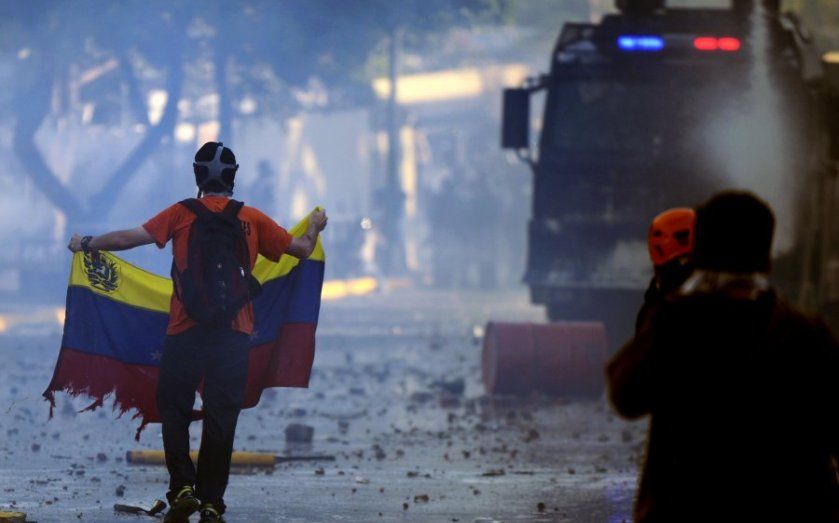What will be interesting most about block chaining is when more countries drop their own traditional currency models & move to block chaining like one of the countries in Africa announced 2 weeks ago. I do know that many 2nd & 3rd world countries are finding electronic currency more appealing due to the Central Bank’s policies; however, what will be the impacts at the end of the day felt across the world as more and more 2nd & 3rd world markets switch their models. Immediately, we see risks with central banks; the question is where else (WBO, WTO, US, etc)
Many countries have experimented with price fixing and central planning over the last century. Right now, Venezuela’s government is fixing the prices of many products. This has resulted in widespread shortages of goods which we, as the lucky inhabitants of semi-free economies, take for granted.
Price fixing has failed in every area of the economy in which it has been tried. But while few serious economists would suggest that we have a team of bureaucrats set the price of rubber, wheat or coffee, we do have one sphere of the economy which is still centrally planned – our monetary system. This will fail just like all central planning fails. We are now moving into a dangerous new phase of price fixing by central banks. Having failed to stimulate economies with years of zero per cent interest rates, they are now discussing the prospect of negative interest rates (and some have even introduced them), the reductio ad absurdum of modern monetary economics.
Economist Friedrich von Hayek won the Nobel Prize in Economics in 1974 for his exposition of how central banks’ manipulation of money and interest rates causes distortions to the market and generates the boom bust cycle. He also wrote several papers in the 1970s on how allowing companies to issue their own private money would be the only long-term solution. If people could choose which money to use, it is highly unlikely that they would go with that which is routinely debased by the government or used for wild credit expansion by the banking sector.
